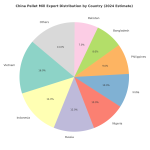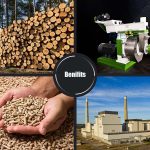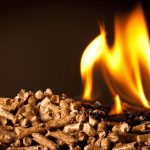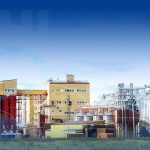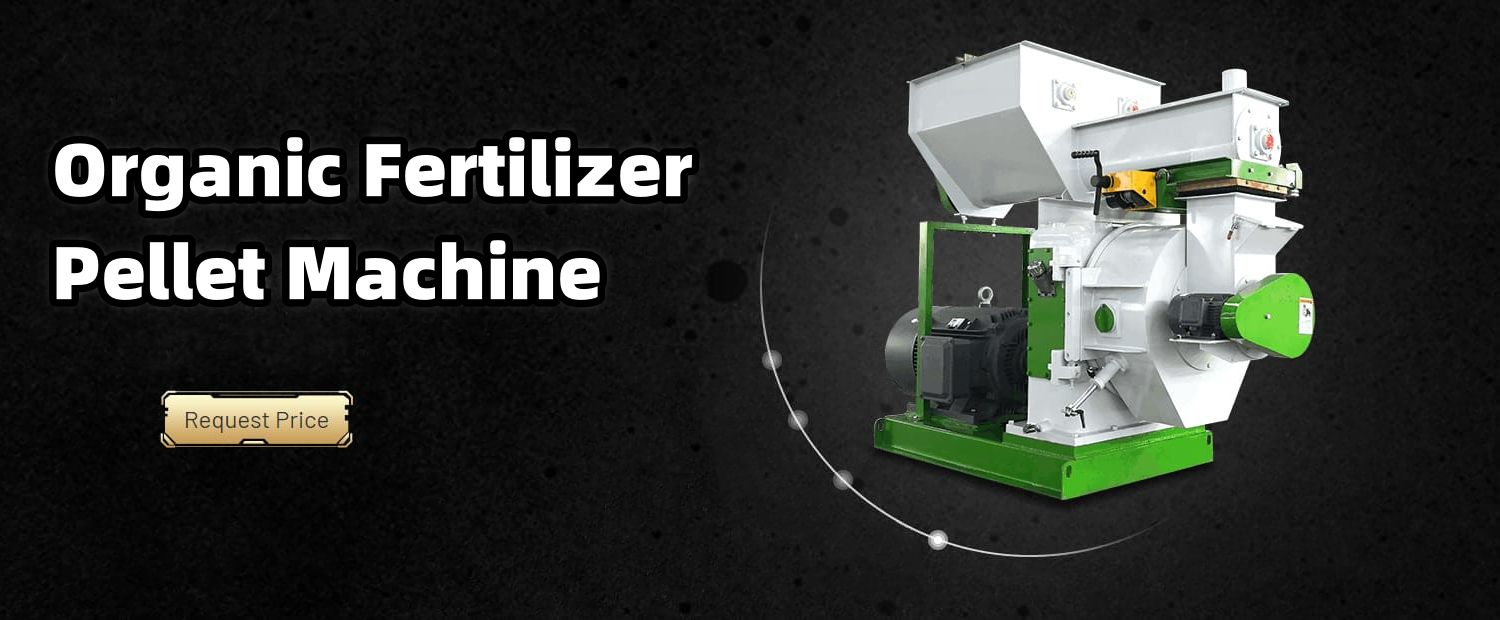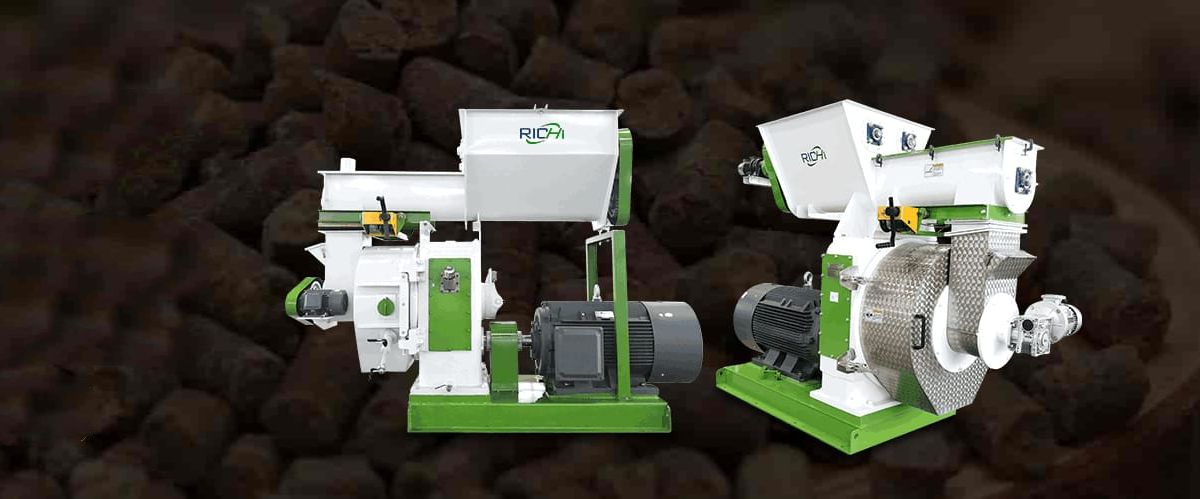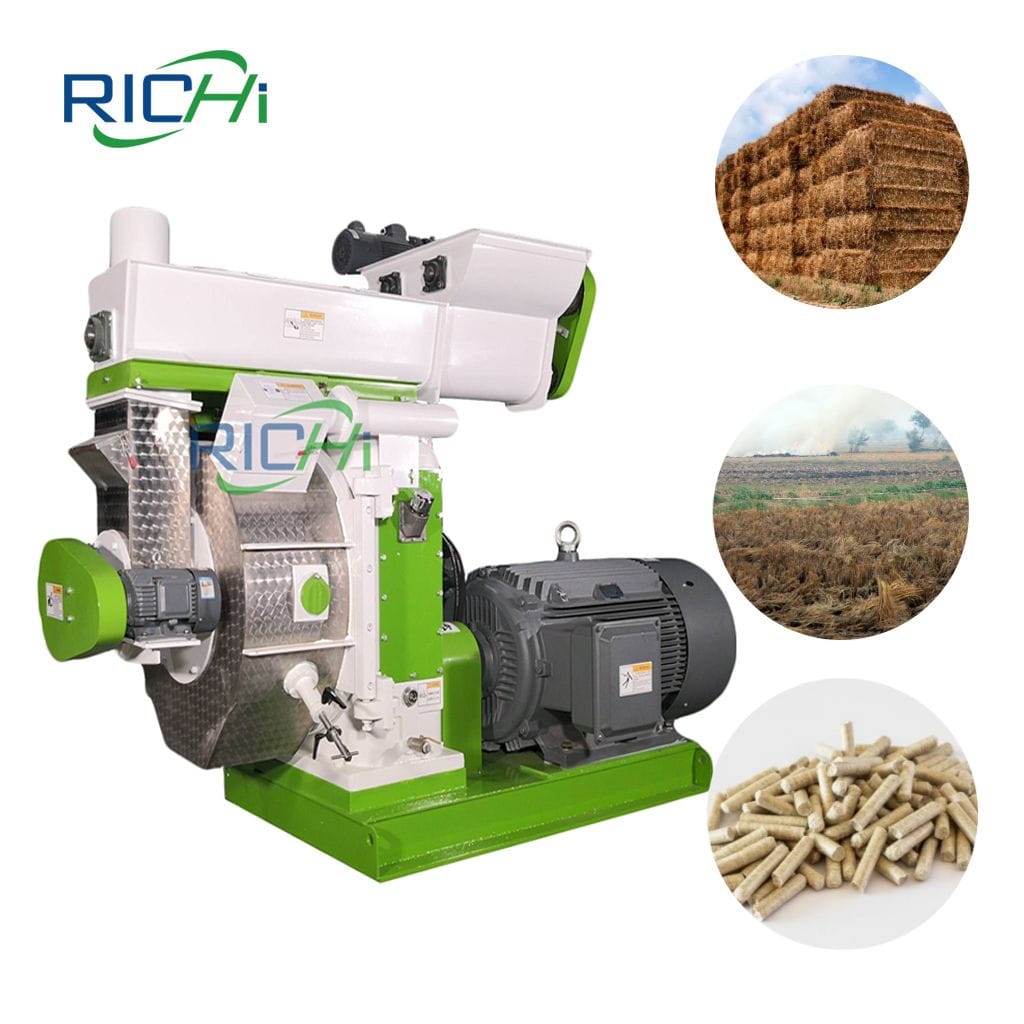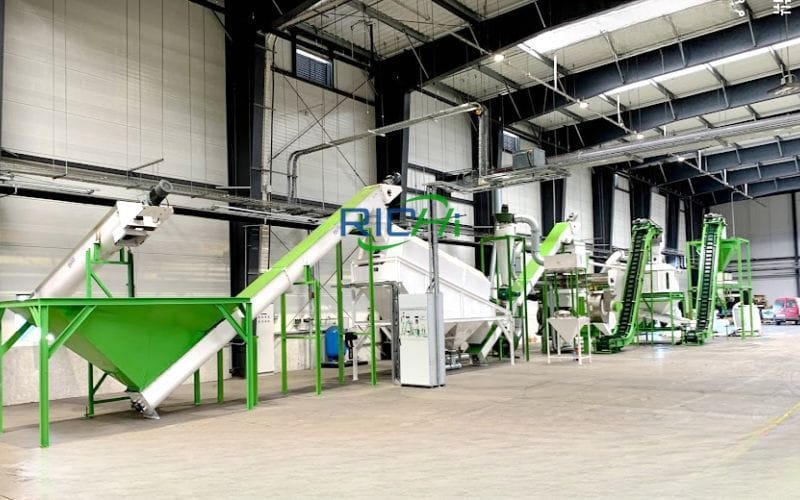Choosing the right organic fertilizer pellet machine is vital for efficient and cost-effective production. With a variety of models and features available, it can be challenging to determine which machine is best suited for your specific requirements. This article outlines key considerations to help you select the most appropriate organic fertilizer pellet machine for your needs.
1. Understand Your Production Requirements
Before selecting a machine, it’s essential to clarify your production needs:
- Production Capacity: Assess how much fertilizer you need to produce daily or hourly. Machines vary in capacity, ranging from small units that produce a few hundred kilograms per hour to large industrial machines that can produce several tons per hour.
- Material Type: Identify the types of raw materials you will be using, such as animal manure, crop residues, or compost. Different materials may necessitate specific machine features.
- Pellet Size: Determine the desired size of the pellets. Some machines come with adjustable settings to produce pellets of varying diameters, typically from 2mm to 8mm.
2. Evaluate Machine Types
There are several types of organic fertilizer pellet machines, each with its pros and cons:
- Flat Die Pellet Mill: Best for small to medium-scale production. It’s easy to operate and maintain but may not be as efficient for larger operations.
- Ring Die Pellet Mill: Suitable for large-scale production. It offers higher efficiency and durability but is more complex and expensive.
- Disc Pan Granulator: Effective for producing round pellets. It’s versatile and can handle various materials but may require more manual intervention.
- Rotary Drum Granulator: Ideal for large-scale production with high efficiency. It is excellent for continuous operation but requires significant space and investment.
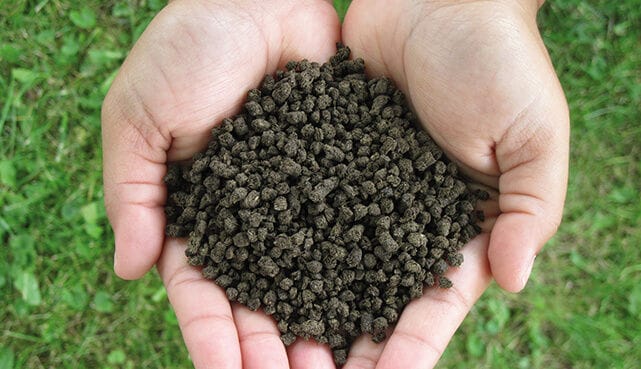
3. Consider Energy Consumption
Energy consumption is a critical factor in the operational costs of the machine:
- Electric vs. Diesel: Electric machines are generally more energy-efficient and environmentally friendly, providing consistent power and easier maintenance. Diesel machines may be better suited for remote areas without reliable electricity but typically incur higher operational costs.
- Energy Efficiency: Look for machines with high energy efficiency ratings. Modern machines often incorporate energy-saving technologies to minimize power consumption.
4. Assess Build Quality and Durability
Investing in a high-quality, durable machine ensures long-term reliability and reduces maintenance costs:
- Material Quality: Examine the construction materials of the machine. Stainless steel and high-grade alloys are preferred for their durability and corrosion resistance.
- Component Quality: Evaluate the quality of key components such as the die, rollers, and bearings. High-quality components can extend the machine’s lifespan and enhance performance.
- Manufacturer Reputation: Choose machines from reputable manufacturers known for quality and customer support. Reading reviews and testimonials can provide insights into a machine’s reliability.
5. Evaluate Ease of Operation and Maintenance
User-friendly machines save time and minimize the risk of operational errors:
- Control Systems: Look for machines with intuitive control panels and automation features. Advanced control systems can optimize production parameters and improve efficiency.
- Maintenance Requirements: Consider the ease of maintenance. Machines with easily accessible components and clear maintenance instructions are preferable, as regular maintenance is crucial for optimal performance and longevity.
6. Consider Additional Features
Additional features can enhance the functionality and efficiency of the machine:
- Moisture Control: Some machines have built-in moisture control systems to ensure optimal pellet quality.
- Cooling Systems: Integrated cooling systems can enhance pellet hardness and durability.
- Dust Collection: Dust collection systems help maintain a clean working environment and reduce material loss. (Related post:cost of setting up a fertilizer plant)
7. Budget Considerations
While investing in a high-quality machine is essential, it’s also important to stay within your budget:
- Initial Investment: Compare the upfront costs of different machines. Higher-priced machines often provide better efficiency and durability, leading to long-term savings.
- Operational Costs: Take into account ongoing operational expenses, including energy consumption, maintenance, and spare parts.
- Return on Investment (ROI): Evaluate the potential ROI based on your production capacity and market demand. A more expensive machine may be justified if it significantly boosts productivity and profitability.
8. Seek Expert Advice
Consulting with industry experts or suppliers can provide valuable insights:
- Supplier Recommendations: Reputable suppliers can recommend machines that best fit your needs and offer after-sales support.
- Industry Peers: Networking with other producers can provide practical advice and firsthand experiences with various machines.
Conclusion
Selecting the right organic fertilizer pellet machine requires careful consideration of your production requirements, machine types, energy consumption, build quality, ease of operation, additional features, budget, and expert advice. By thoroughly evaluating these factors, you can choose a machine that meets your needs and supports efficient, cost-effective production.
Investing in the right machine not only boosts productivity but also contributes to the sustainability and profitability of your organic fertilizer production. As demand for organic fertilizers continues to rise, having the right equipment will position you to meet market needs and achieve long-term success.


